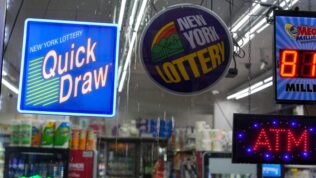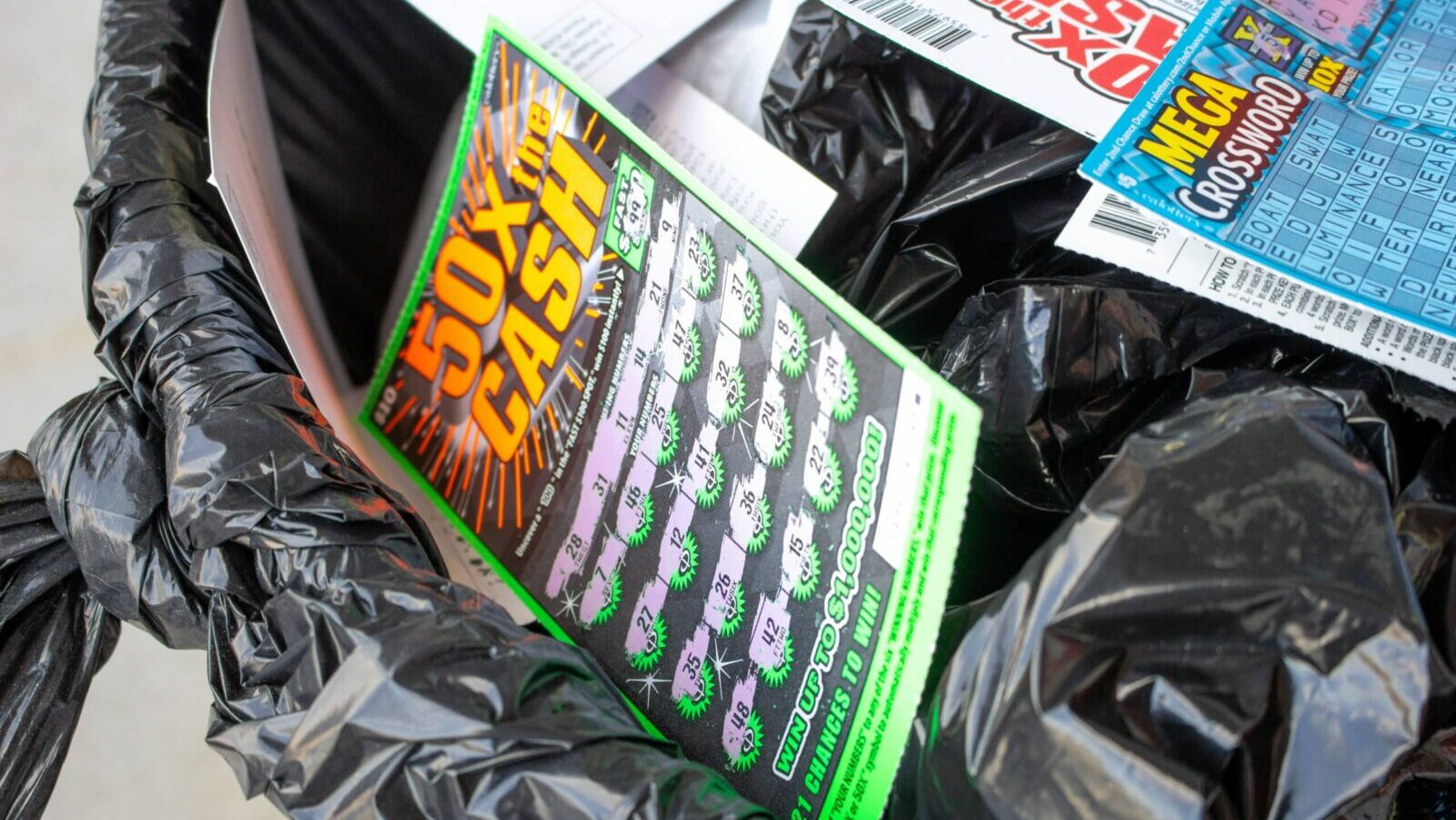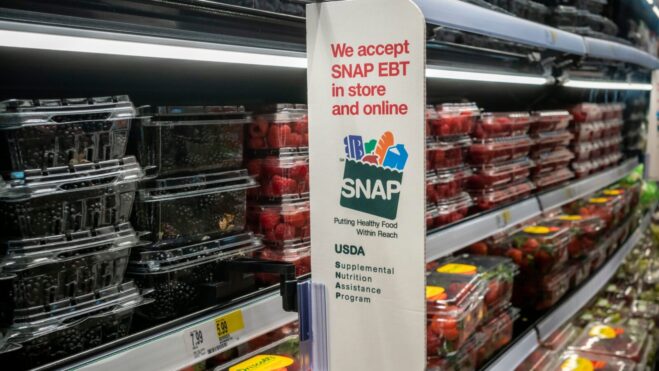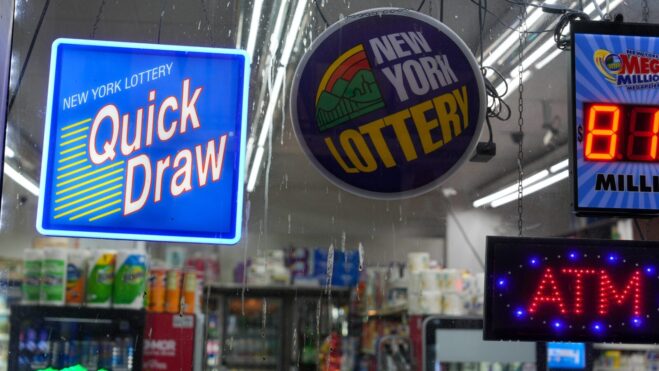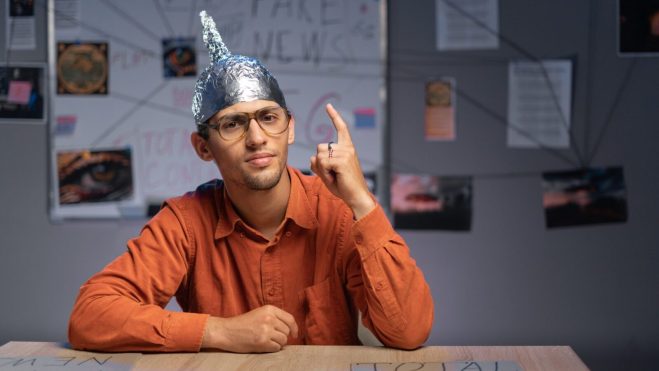The 5 Best Lottery Ads From Around The World
Over the years, several clever lottery ad campaigns have managed to stand out. Here are our picks for the cream of the crop.
2 min

Though the best advertisement for playing the lottery may be the smiling face on your local Powerball winner, that’s not always enough. That’s where lottery ads come in.
There have been plenty over the years, and they’ve tried different tactics: Hollywood tie-ins, holiday-themed discounts, profiles of real winners, nihilism.
Along the way, several ad campaigns have managed to stand out. Here are our picks for the cream of the crop.
“Let it Snow,” U.S. Powerball ad
With clear, wintry shots of the Golden Gate Bridge and coastal redwoods, this could be an ad for California tourism. Then you notice the snow and think, “That’s odd … snow in California?”
But it’s not snow: It’s a shower of Powerballs gently falling from the sky. One person even makes angels in the fresh Powerball snow!
It’s a lovely concept, and it culminates in one man plucking a lucky red ball from the air as a ghost choir sings “California Dreamin’.”
“Believe in something bigger,” the ad states, as viewers wonder what the red snow means in the context of the larger metaphor. Is it strawberry shaved ice? Did someone in the sky start bleeding? We may never know.
#PleaseNotThem, UK National Lottery ad
Imagine what celebs would do if they had even more money. That was the concept of this starry 2015 ad campaign that featured British celebs discussing what they’d do if they won the lottery.
Considering that celebs like Kim Kardashian already live in what appear to be small museums, you can imagine the self-centered ridiculousness that arose in these #PleaseNotThem ads. One celeb said they’d redesign Stonehenge while another vowed to create a television channel devoted to only them.
Of course, it was all in jest. Still, when James Blunt claimed that he’d digitally insert himself into every mirror in the country in order to sing “You’re Beautiful” to every living being every morning forever, it was enough of a threat to inspire regular people to play the lottery. Hence the message of the ad: Anyone can win. Just, please, not them.
“Imagine,” Powerball New Zealand ad
Sometimes the best ad campaigns are interactive, and this New Zealand Powerball ad was no different. In addition to telling a twisty, compelling tale of luck and fate, it featured a hidden game: The spot contained secret numbers that, if played on the Lotto NZ website, would win eagle-eyed viewers thousands of dollars.
Still, even without the game, this was a popular ad. In the spot, a flight attendant wins the lottery and then immediately gets into a vehicular accident. When she wakes up in the hospital, she discovers that she lost her winning ticket.
Thankfully, she didn’t suffer any serious injuries, but here is where luck and fate collide. The ending’s good enough that you should see it for yourself.
“Nicer Problems to Have,” EuroMillions ad
As Biggie said, mo’ money, mo’ problems, but this EuroMillions campaign reminded people that those problems are often silly. For instance, in this ad, a man encounters some marital strife after failing to fix the leak in his magnificent new indoor fountain.
Another funny iteration of the campaign involves a retired couple attempting to park their gargantuan luxury yacht. It’s enough to get a person dreaming of the absurd problems that they could face one day, too.
It Could Happen to You, 1994 Nicolas Cage vehicle
We never said that all of these were traditional ads. Plus, the best lottery advertising relies on real winner stories. Regular people need to feel like they can win, after all.
Enter this 1994 rom-com-dram that used a true winner story at its center to drum up publicity. Though fictionalized, It Could Happen to You was based on the true story of Phyllis Penzo and Robert Cunningham, who really did split a $6 million jackpot in 1984.
Of course, by popularizing the story of Penzo and Cunningham, It Could Happen to You also reminded viewers that a lottery win could happen to them. Even the title was a form of subliminal advertising.


